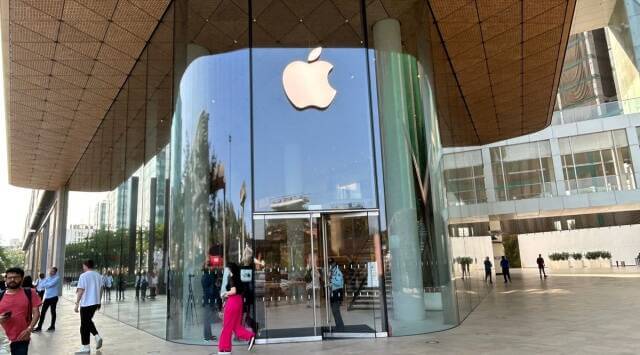On July 3, Apple announced its intention to request the U.S. Supreme Court to review a judge’s order pertaining to an antitrust case filed by Epic Games, the creator of “Fortnite.” The order could potentially lead to changes in Apple’s payment practices within its App Store. In a court filing, Apple stated that it would appeal a recent ruling by the 9th U.S. Circuit Court of Appeals, based in San Francisco, which upheld most of the order issued in 2021 by U.S. District Judge Yvonne Gonzalez Rogers.
The judge’s order primarily focused on Apple’s prohibition of developers from including links and buttons in their apps that redirect users to payment options outside of the App Store. Such a change could potentially reduce the sales commissions paid to Apple. Epic Games had initially sued Apple in 2020, challenging the fees imposed by the tech giant on in-app payments. The primary objective of the lawsuit was to obtain an injunction against Apple’s practices, rather than seeking monetary damages. While Judge Rogers ruled against most of Epic’s claims, she did issue the order that Apple is currently contesting.
Both Apple and Epic Games have the option to request the Supreme Court to consider their appeals. During the appeals process at the 9th Circuit, Epic contested several aspects of the judge’s ruling that favored Apple, while Apple specifically challenged the order related to the App Store. In April, the 9th Circuit upheld the majority of the judge’s actions. However, on Friday, the court rejected petitions from both Apple and Epic Games, urging a reconsideration of its April decision.
Epic Games sought to revive its antitrust claims against Apple regarding the restrictive app distribution and payment services in its appeal to the 9th Circuit. Apple’s attorneys, in their recent filing, argued that the 9th Circuit exceeded its authority by issuing a nationwide injunction against Apple, accusing it of violating California state unfair competition laws.
Apple’s petition to the Supreme Court raises concerns about the scope of judges’ power to issue broad injunctions, and the company believes that the case will address significant and wide-ranging legal questions.





